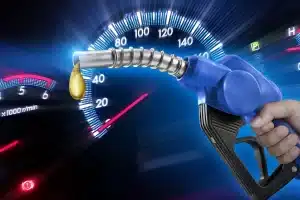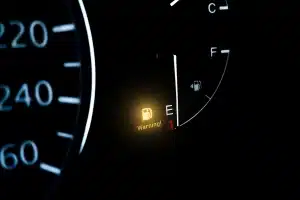Author: Alexis
-
Coaching, Training, and Career Development: Building a Skilled Trucking Workforce
Investing in driver coaching, training, and career development is crucial to retaining top talent. Companies that prioritize continuous learning, provide mentorship opportunities, and offer career advancement paths are more likely to build a loyal, skilled workforce, and the trucking industry is no exception. In this post, we explore the importance of professional development in the…
-
Best Recruiting Practices in Trucking
Getting top talent requires more than just posting job ads in the competitive trucking industry. With a growing driver shortage and a fierce battle for qualified candidates, companies must adopt innovative recruiting practices to attract and retain top talent, such as creating an attractive employer brand, offering competitive compensation, and fostering work-life balance. Understanding Recruitment…
-
Driving Diversity in Trucking
The trucking industry is facing unprecedented challenges in recruiting and retaining top talent. With driver shortages, high turnover rates and an aging workforce, companies must adopt new strategies to create diversity in trucking, foster a culture of engagement and encourage job fulfillment to create a more sustainable and innovative workforce. Understanding the Current Challenges in…
-
Smart Waste Collection with IoT and Telematics
Traditional waste collection has always had its issues with inefficiency and environmental impact; overflowing bins and missed pickups. Many ill-managed collections can frustrate residents and strain municipal budgets; the EPA also found that inefficient waste collection boosts greenhouse gas emissions, with transportation making up 29% of the total U.S. emissions in 2021. Fortunately, there’s a…
-
Safeguarding the Network: Cybersecurity in Telematics
In our last two posts, we explored the latest trends and innovations in telematics. We also examined how this technology shapes the transportation industry—how it blends technology with transportation to make things like managing fleets of vehicles, scheduling maintenance, and even running city traffic smoother and smarter. As we’ve built more connections and started sharing…
-
Steering into the Future: How Telematics Shapes Transportation
In our last discussion, we explored some exciting developments in telematics—a technology that’s changing the way vehicles operate and interact. We saw how it’s making self-driving cars smarter and helping manage fleets of electric vehicles more efficiently. Telematics systems help keep tabs on a car’s health, optimize travel routes to save energy, and improve safety…
-
Telematics: Exploring the Latest Trends and Innovations
Have you ever wondered how your car knows the quickest route or can call for help in an emergency? That’s telematics at work. This sophisticated technology merges telecommunications and informatics to enhance vehicle functionalities and their operational systems. By gathering and transmitting vehicle data, telematics enables real-time tracking, automated emergency responses, and remote diagnostics, making…
-
Strengthening Fleet Management Cybersecurity
With increased connectivity comes the need for robust measures to safeguard sensitive telematics data and driver information. Each type of cybersecurity threat carries potential consequences that could significantly impact operations, safety, and financial stability.
-
Demystifying 5G: Its Role in the Next Generation of Fleet Management
5G technology stands as a beacon of hope amidst these challenges. Its capabilities are not just incremental improvements but are transformative in nature. This article explores 5G as a pivotal player in redefining fleet management, offering solutions to current challenges and unlocking new potentials for efficiency, safety, and sustainability in fleet operations.
-
Innovation in Telematics: Emerging Technologies and Their Impact
The scope of the article encompasses an historical overview, current trends, emerging technologies, their applications in different sectors, challenges, and future prospects in the realm of telematics. This comprehensive examination will provide insights into how telematics continues to evolve and influence the operational dynamics of modern industries.

















































